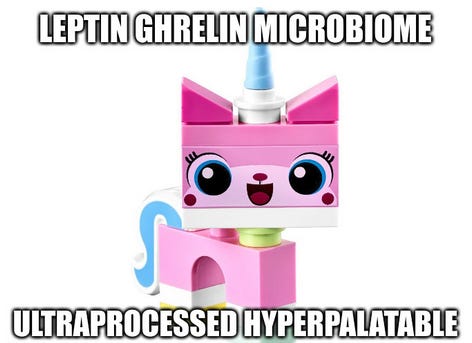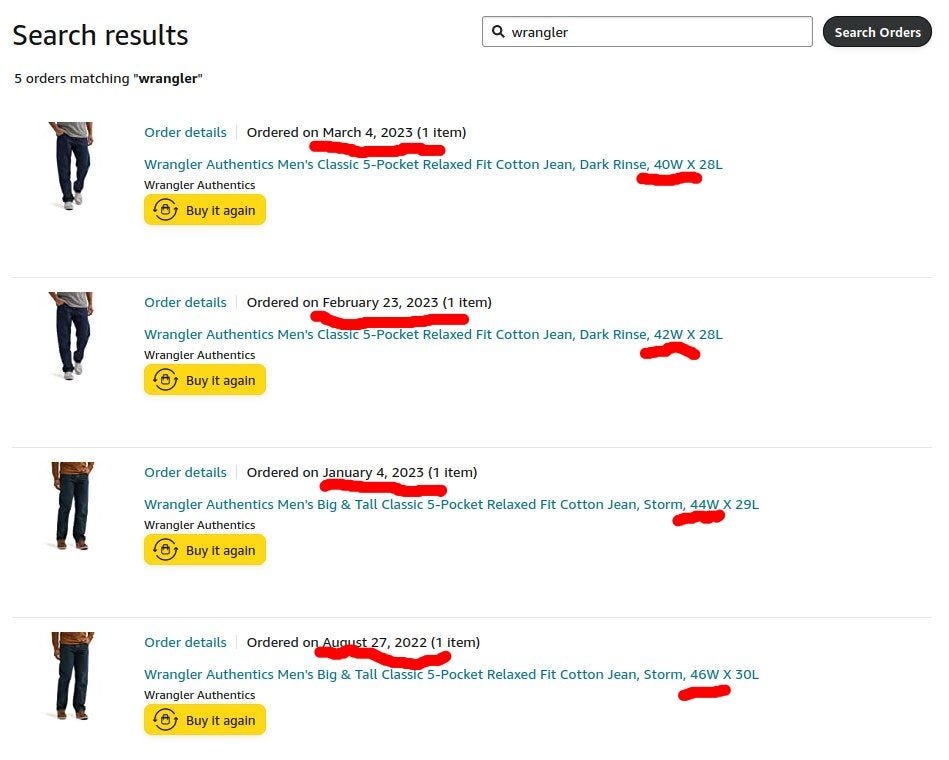I get interviewed by Slime Mold Time Mold & Science Rant
As you know from my initial post the blog series Slime Mold Time Mold: A Chemical Hunger set me on this path of crazy citizen scientist. As far as I’m concerned they restarted the scientific revolution. And I had to buy new pants 4 times in 6 months.
I especially love the first part of the series: Mysteries.
Now they published an interview with me that we did over email a little while ago. If you' read this blog you’ll know much of what I’m saying already but it might still be of interest and contain a nugget or two I forgot to write down here.
Asking the big question: why are we obese?
Answering questions begins with asking questions. Somehow institutional science seems to have gotten away from that. They pretend there are no questions or they generate answers that are just very roundabout ways of saying “we don’t know” and then stop asking.
For example: why are so many people so obese?
This is an obvious question and the one that A Chemical Hunger is based on. It wasn’t always this way. Hell, I remember when not everybody was overweight or obese and I’m not even 40 years old!
As far as I can tell the official scientific answer is that People are Obese Because Food is Delicious.
Armies of Official Scientists have taken decades to figure out that:
Food tastes good and we like to eat it (hyperpalatable/ultraprocessed)
Obese people eat more than they should and that’s why they’re obese (CICO)
Companies try to make food taste even gooder (evil companies!)
There are things in our body that carry certain signals (leptin, ghrelin)
We have bacteria in the gut (microbiome)
Wow, incredible knowledge!
Accidentally losing 100lbs makes you pretty skeptical of the “food is delicious” hypothesis
It would be hard to convince somebody that the earth is flat if he’s seen its curvature from a plane window.
In many ways modern nutrition science is like arguing about this before planes were invented. Almost nobody had ever seen actual evidence of anything. That makes it easy even for “professionals” and “scientists” to believe anything.
How did I accidentally lose 100lbs without any effort, without restricting calories, eating out more than I usually did?
And how did I gain back all of it applying all my willpower, working out, and fasting a lot to reduce calories?
It just didn’t make any sense.
Did the food environment around me suddenly become unpalatable and unprocessed, and then changed back? No way.
I hit the “magic switch” by accident. Ever since then I’ve known there’s a switch but I don’t know where it is.
Almost nobody else believes in the switch because almost nobody has ever hit it.
I don’t think you can grasp the feeling of pounds just melting off without any willpower or exercise whatsoever if you’ve never experienced it. It is a completely different thing that simply cannot be explained by the CICO bots or “ultraprocessed, hyperpalatable food environment” crowd.

n=1 is the only experiment that matters
I was recently debating somebody on Twitter on diet and obesity. He argued that my fat loss doesn’t matter because it’s just an n=1 experiment which he considers the lowest of the low forms of science.
But of course, to any individual, n is always 1.
The official position of science is apparently that it doesn’t matter if it works for you.
I find that bizarre and offensive. Of course it matters if the diet/intervention works on real people. That’s the only thing that matters!
Things that don’t matter in science:
Peer reviewed but doesn’t work? Don’t care.
Mouse model but doesn’t work in humans? Don’t care.
Food questionnaire but doesn’t work? Don’t care.
Calorimeter CICO measuring but doesn’t work? Don’t care.
n=10,000 but doesn’t work in me? Don’t care.
You have a lab coat, a PhD, credentials but your diet doesn’t work? Don’t care.
You “proved” that your theory is correct but it doesn’t work for me? Don’t care.
Slime Mold Time Mold have reignited the (dietary) scientific revolution
And just by asking questions!
Don’t be afraid to constantly ask basic questions. If you’re obese: why?
If the answer isn’t actionable and doesn’t seem to explain your situation well then it’s useless or wrong.
“CICO” is not an explanation why you’re fat, it’s a tautology.
“Food is delicious” isn’t an explanation why you’re fat. Food has always been delicious and food was delicious while I lost 100lbs (or the most recent 48lbs).
“Genetics” is probably a partial explanation but not very actionable so keep looking.
Try something wild and bold. Try eating only potatoes for 30 days. Try eating mostly heavy cream for well over 5 months now. Those might not work for you. But if you don’t keep trying then nobody else will solve this for you. It’s on you. You need to be your own scientist.
And if you here from Slime Mold Time Mold: welcome! Hope you enjoy this blog as well. If I had to I’d describe it as a little less scientist and a little more mad.




I've done various N=1s myself to prove/disprove CICO (as is usually told at least) and yeah, I call BS on CICO these days as what the data said vs what my scale and body showed was vastly different, so clearly there's more to it than that, at least for me on an individual level.
Try eating 10Kcal daily of junk food for a week, only to rapidly lose a ton of weight the next week, while still eating ad-lib, just ketogenic, and actually ending up weighing LESS than before the experiment, until it finally equalizes a few weeks later to what it previously was.
Likewise, when I eat a lot, as I do these days, my body burns hot like a furnace, to the point where I can bike comfortably in a tank top and short shorts in negative degree Celsius, and I am guessing that's part of the equation of why I can eat so much yet not become rapidly obese.
Yes CICO and "Food is delicious" aren't actionable, but I am not sure why you have to frame them as wrong or bad or be dismissive of the idea ("CICO bots"). Your diet proves both of these to be true and adds an actionable layer on top. You found a delicious (to you) food and used it to restrict caloric intake so you lost weight. This is great. Why do you have to frame it as going against the scientific consensus on this subject? That distracts from your actual findings.